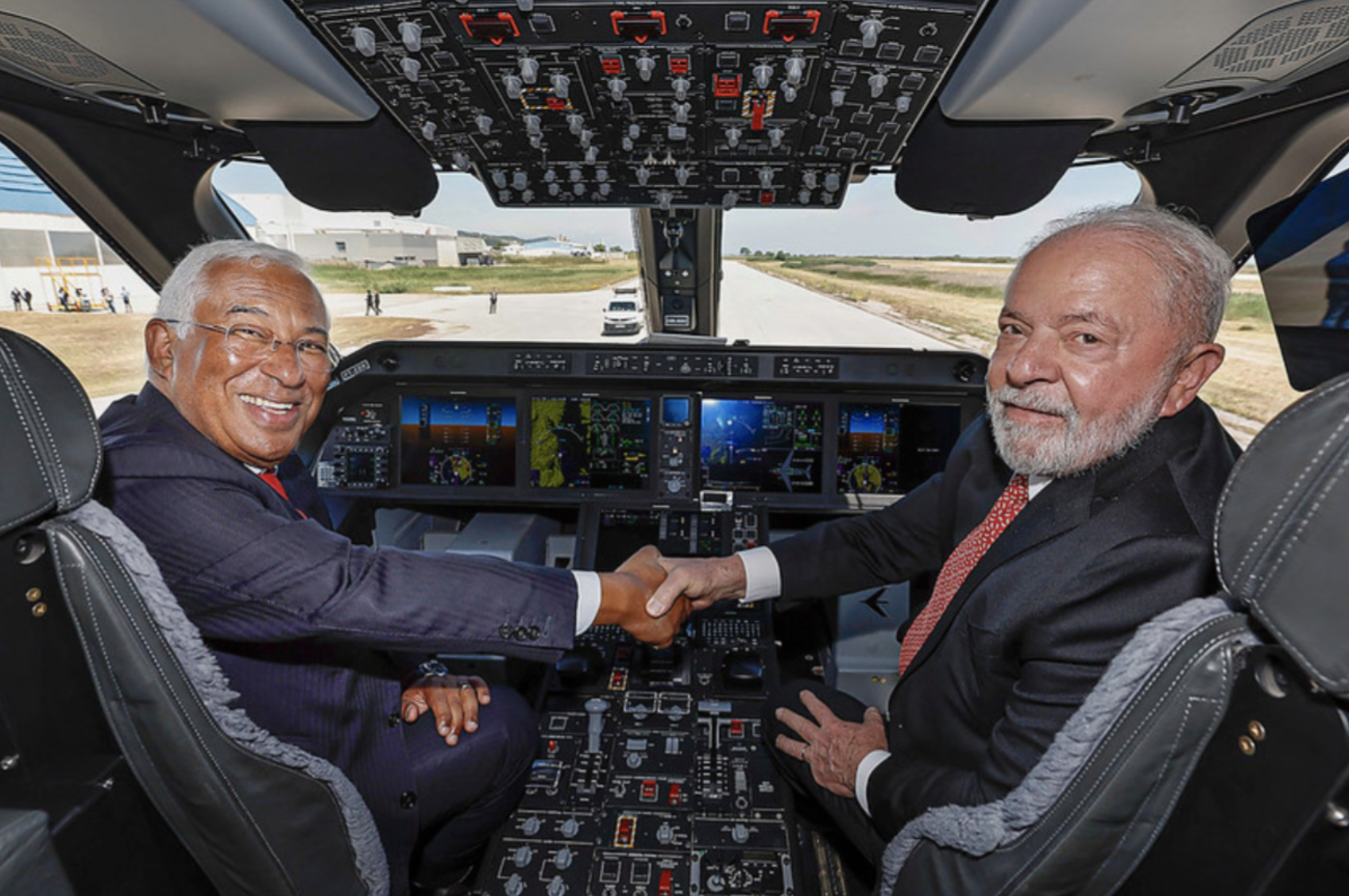https://brazilian.report/opinion/2023/05/07/failure-eu-mercosur-trade-deal-lose-situation/
Ratification of the agreement would increase both sides’ strategic autonomy as the world is headed towards a new Cold War
The Luiz Inácio Lula da Silva administration has a realistic opportunity to attain three historic achievements during its first year: tax reform, a new fiscal framework, and the ratification of the free-trade agreement between Mercosur — a trade alliance formed of Brazil, Argentina, Paraguay, and Uruguay — and the European Union.
Doing so would be all the more impressive given that the three goals would take place in a highly polarized environment and amid the president’s increasingly visible difficulties to manage his unwieldy governing coalition and cobble together legislative majorities.
Economist Samuel Pessôa has compared the potential impact of a tax reform to that of the launch of the real as Brazil’s new currency in 1994, which transformed the economy and people’s lives. A workable fiscal framework, meanwhile, has the potential to significantly boost investor confidence and contribute to lower interest rates.
The EU-Mercosur trade deal is, for its part, expected to lead to an increase of about 15 percent in the trade flows of Mercosur countries and to additional GDP growth of between 0.3 and 0.7 percent over time.
But perhaps the most underappreciated benefit of the trade deal, which would remove the vast majority of import duties on goods being sold between the two blocs, is its significant geopolitical…
Read complete article here









